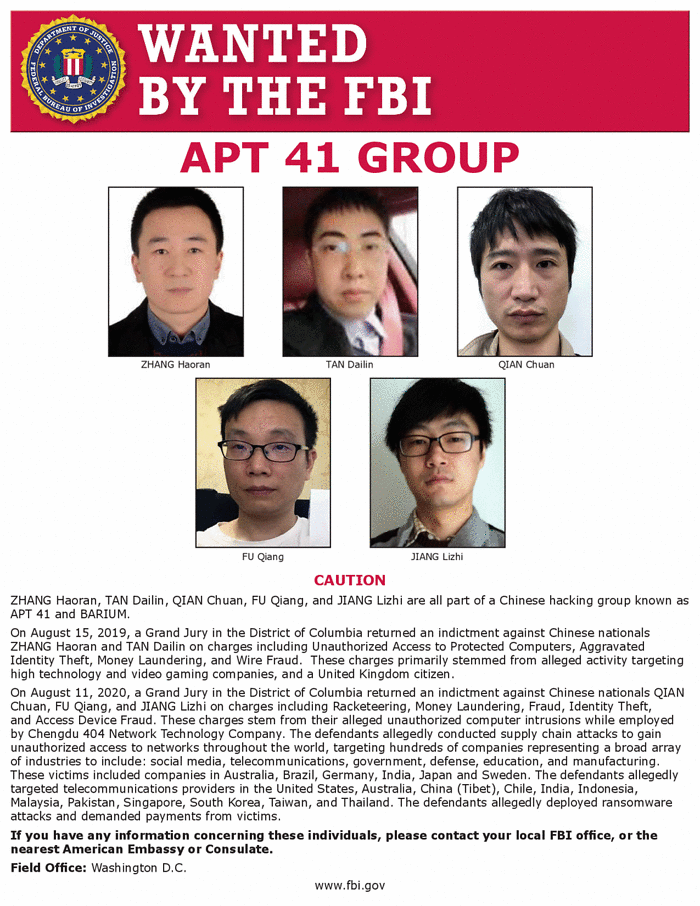Any officials investigating for criminal activity other than the strident journalists at the New York Post? (rhetorical)
Hat tip:
As federal prosecutors continue their criminal probes into Hunter Biden’s taxes and international business dealings, the President’s son — shuttling between Washington DC and a sprawling Los Angeles home — is lying low, consulting with lawyers and focusing on his new career in art. .The Georges Berges Gallery at 462 West Broadway in Soho.
.The Georges Berges Gallery at 462 West Broadway in Soho.
Helayne Seidman
Biden, who turns 51 next week, is prepping a solo show with Soho art dealer Georges Berges, who currently represents Sylvester Stallone. Berges was once arrested for “terrorist threats” and assault with a deadly weapon in California and has strong ties to China.
Biden, who continues to hold business interests in a billion-dollar Chinese investment firm, recently moved to a sprawling Venice Beach rental with his wife Melissa Cohen and 10 month old son, according to the Daily Mail. He was previously living in a Hollywood Hills home where he had set up an art studio. source
source
That home is connected to Shane Khoh, a Los Angeles-based entrepreneur and real estate investor who is CEO of SXU Investment Holdings LLC, the California company that has owned the $3.8 million property since 2011, according to public records. Khoh, an American who is fluent in Chinese, sits on the board of Siong Heng Realty Pte Ltd., a Singapore-based real estate holding company, according to his LinkedIn profile. He is also listed as a “venture partner” of Diverse Communities Impact Fund, a private-equity group that features former Democratic New Mexico Gov. Bill Richardson on its board of advisors.
The house was featured in a New York Times profile of Biden as an emerging abstract painter last year. Last year Khoh told The Washington Examiner that Biden was paying $12,000 a month for the property, which features a pool house that Biden has turned into an art studio. Khoh denied any prior relationship with Biden to the newspaper.
But when The Post asked this week about his arrangements with his tenant, Khoh clammed up: “I have nothing to say about Hunter Biden. I have no comment.”
Biden and his family have since moved into a $5.4 million Venice Beach home owned by Sweetgreen co-founder and CEO Jonathan Neman, according to the Daily Mail report.
Others in Biden’s orbit were even more reticent.
Calls to Lunden Alexis Roberts, an Arkansas stripper who sued Biden for paternity and child support after the birth of their 2-year-old daughter, refused comment, as did her lawyer. It is not known how much Biden is paying in child support for “Baby Doe,” as she is referred to in court papers. The father of five had initially argued that the child was not his, and repeatedly tried to delay the case. Roberts, who met Biden at a Washington, DC, strip club where she used to work, said in a December 2019 court filing that Biden had not provided any financial support for the child.
Although Biden has divested himself of many of his old business interests, he does not seem to be hard up for cash. He has been seen driving around Los Angeles in a Porsche Panamera, which retails for more than $90,000. He retains control of a limited liability corporation that has a 10 percent stake in BHR Partners, a Chinese private-equity firm with $2 billion in assets and partly owned by the Bank of China, according to reports.
Biden’s stake in the Chinese firm is owned by Skaneateles LLC, a company named for his mother Neilia Hunter Biden’s upstate New York hometown. The company has used the Hollywood Hills home as one of its addresses. Neilia, Joe Biden’s first wife, died in a 1972 car crash in Delaware that also killed Biden’s 1-year-old sister Naomi. Hunter Biden and his older brother Beau, who were toddlers, were injured in the accident.
“It’s like a lottery ticket he has in his hand with a 10 percent stake in a company worth billions,” said a source. “Just imagine if that company is worth $2 billion, Biden takes home $200 million.”
Biden’s convoluted international business dealings became a heated political issue in the final months of the 2020 presidential campaign after The Post revealed a trove of emails from Hunter’s laptop that raised questions about then-candidate Joe Biden’s ties to his son’s foreign business ventures, including Burisma. The Ukrainian energy company reportedly paid Hunter $50,000 a month between 2014 and 2019 to sit on its board of directors. Hunter Biden is also accused of promoting the interests of CEFC China Energy Co, a Chinese conglomerate that was to pay him more than $10 million a year for introductions to officials in Washington.
Last year, a federal watchdog called on the Department of Justice to launch “a full investigation” of Hunter Biden, who they claim did not register under federal Foreign Agent Registration Act rules that govern those lobbying for a foreign entity.
“Hunter Biden’s tangled web of shell companies, LLCs, investment vehicles, and options agreements make it virtually impossible to know where he is getting income from,” said Thomas Anderson, director for the National Legal Policy Center, adding that circumventing the FARA regulations allowed Biden and his associates to operate under the radar.
Selling his abstract artwork to wealthy investors may also be a lucrative way to rake in cash, Anderson said. “We highly doubt, however, a career as an artist will do anything more than act as a vehicle to further shield where that income is coming from,” he said.
But Hunter Biden told The Times he had another reason for turning to art. Painting is “literally keeping me sane right now,” he said, adding that it helped him in his battles with addiction to drugs and alcohol.
“If I didn’t know who it was and I saw it for the first time, I would think it was pretty interesting stuff. He’s got talent,” New York art critic Anthony Haden-Guest told The Post.
The paintings feature pastel bursts of flowers and other shapes made with layers of alcohol ink that he blows with a metallic straw onto Japanese Yupo paper, a smooth synthetic material made from recycled paper.
Biden’s new dealer, who opened his Soho gallery in 2015, is tight-lipped about his galleries in New York and Berlin, which are reportedly frequented by Spike Lee, Dave Chapelle and Susan Sarandon as well as international titans of industry.
“He’s got this Woody Allen look to him … He’s crazy in a good way,” one artist who’s worked with Berges told The Post.
Berges, 44, regularly features works by Chinese artists and told a Chinese network that he was keen to open other art galleries in Beijing and Shanghai in 2015. “The questions that I always had was how’s China changing the world in terms of art and culture,” Berges told the China Daily in 2014.
Berges was accused of defrauding an investor in a 2016 federal lawsuit. Ingrid Arneberg claims she invested $500,000 in Berges’ gallery for a promised expansion, but instead he used the cash to pay off old debts. Berges later countersued Arneberg, and the case was settled in 2018.
In 1998, he was charged with assault with a deadly weapon and making “terrorist threats,” which were dismissed. He pled “no contest” to the assault and received 36 months probation and served 90 days in jail, according to Santa Cruz Superior Court documents — the only information publicly available about the case.
Berges did not return several messages seeking comment. A worker at his gallery in Soho told The Post he didn’t know anything about Hunter Biden’s solo exhibition, which is scheduled for later this year, according to reports.
George Mesires, a lawyer for Hunter Biden did not return The Post’s calls.


 .The Georges Berges Gallery at 462 West Broadway in Soho.
.The Georges Berges Gallery at 462 West Broadway in Soho.



